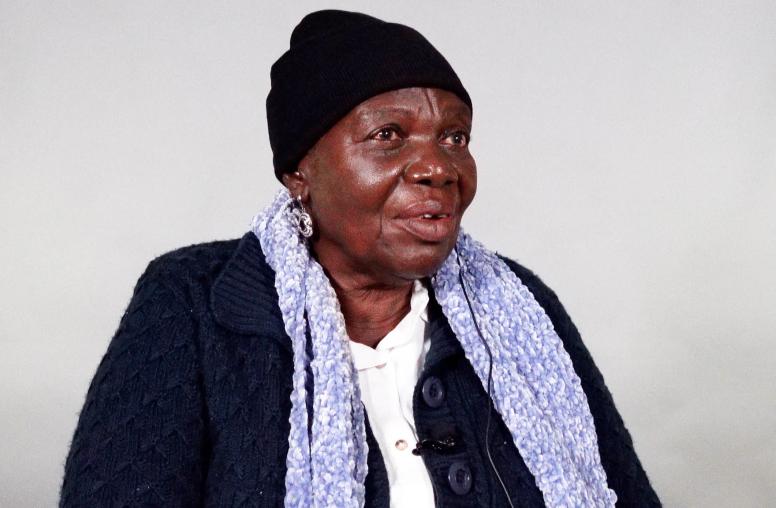Watching from the Sidelines: Israel and the Syrian Uprising
This brief is part of a series examining the regional dimensions of Syria’s popular uprising. This brief was written by Ehud Eiran, a post-doctoral fellow at the Department of International Relations at Haifa University, Israel.

Summary
- Israel has been generally quiet regarding the recent turmoil in Syria, a reflection of the issue’s relative low priority, as well as Israel’s limited influence on internal Syrian matters.
- Israel’s preferred outcome would be a stable Syrian regime that disassociates itself from the “axis of resistance,” poses no bilateral threats, and controls the border area—though Israel sees no clear path for achieving these aims.
- The view in Israel is that the basic structure of deterrence still holds vis-à-vis Syria and the regime—even in its desperate circumstances—is unlikely to provoke Israel in dramatic ways.
About This Brief
This brief is part of a series examining the regional dimensions of Syria’s popular uprising. The Institute invited leading experts from the U.S. and the Middle East to identify the influence Syria’s neighbors are bringing to bear on the conflict, to forecast how the situation there will affect the regional balance of power, and to examine how the opposition and the Syrian regime are responding to these regional dynamics. Through its work, the Institute aims to provide analysis and tools for on-the-ground conflict management in support of political transitions across the Arab world.
The series was edited by USIP’s Steven Heydemann, senior adviser for Middle East Initiatives, and Scott Lasensky, a senior program officer. This brief was written by Ehud Eiran, a post-doctoral fellow at the Department of International Relations at Haifa University, Israel. Eiran has served as an assistant to former Prime Minister Ehud Barak’s Foreign Policy Adviser and as a research fellow at the Belfer Center at Harvard University’s Kennedy School of Government.
Explore Further
- Turmoil in Syria: Reshaping the Middle East?
USIP publishes a series of briefs on how the Syrian uprising is affecting the regional neighborhood



